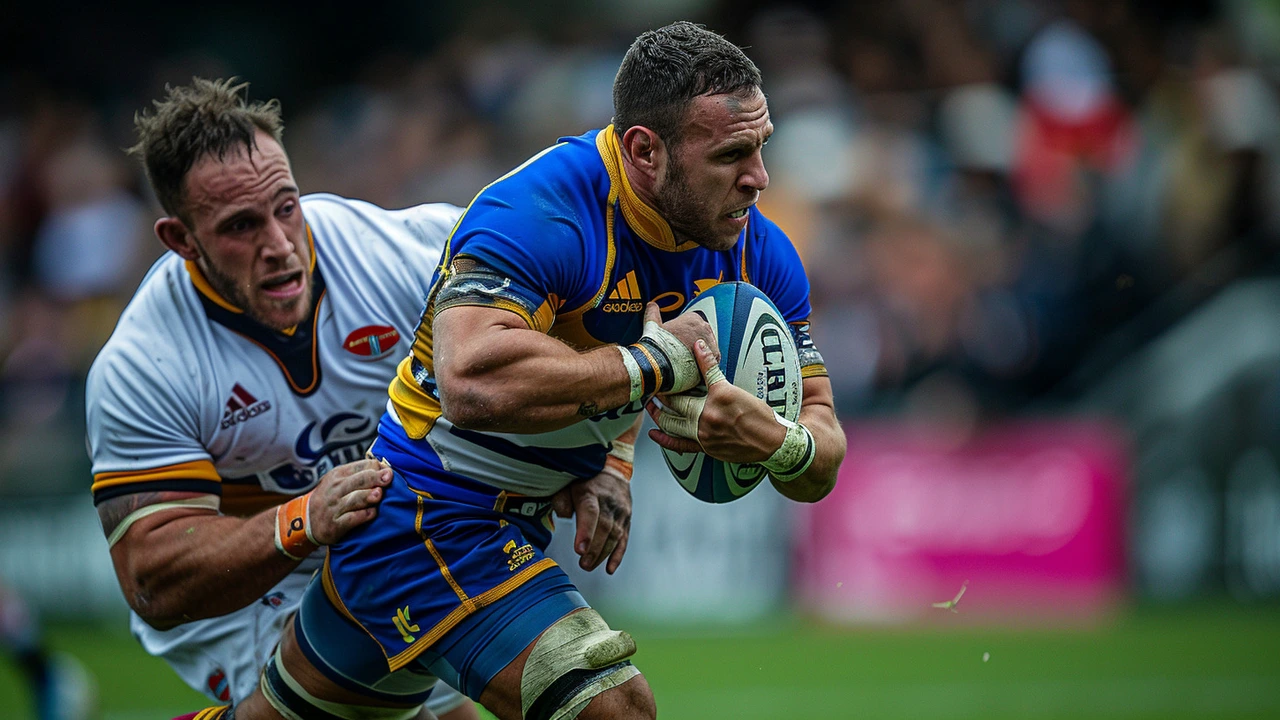Recognizing MND Symptoms: What to Watch For
Motor Neurone Disease (MND) is a serious condition that affects the nerves controlling muscles. Early signs can be subtle, but spotting symptoms early can help in managing the condition better. People often notice muscle weakness or cramps that don’t go away. These may start in the hands, feet, or legs and slowly get worse.
Difficulty with everyday tasks like buttoning a shirt or walking smoothly might be early hints. Some might experience trouble speaking clearly or swallowing, which can be confusing at first because these issues can feel like normal tiredness or minor ailments.
Common Early Symptoms to Keep an Eye On
One of the first signs is muscle Twitching (called fasciculations). These are tiny muscle spasms you might see under your skin. While they can happen for many reasons, if they’re persistent and combined with weakness, it may mean something more serious. Another key symptom is muscle stiffness or tightness, which makes movement slow and clumsy.
Fatigue is common but if regular rest doesn’t improve energy levels and physical tasks become more challenging, it could point to nerve or muscle issues. Also, some people might notice changes in their voice becoming softer or nasal. Difficulty swallowing or choking on food is another red flag signaling muscle control problems.
Why Knowing MND Symptoms Matters
Understanding these early signs can make a big difference in getting timely help and treatment. MND progresses differently in everyone, so catching symptoms soon means doctors can start support early, improving quality of life. If you or someone you know shows these symptoms, it’s best to see a healthcare provider who can assess and possibly recommend tests.
Remember, not all symptoms mean MND, but it’s better to check than ignore persistent issues. Staying alert to muscle changes, speech or swallowing difficulties, and unusual fatigue can guide you toward the right care.
Exploring the Symptoms and Potential Link Between Motor Neurone Disease (MND) and Contact Sports
Motor neurone disease (MND) is a fast-progressing neurological condition affecting the brain and nerves. With early signs like muscle weakness and slurred speech, the disease eventually leads to severe disability. Former rugby star Rob Burrow’s battle with MND has highlighted potential links between MND and contact sports.
More
